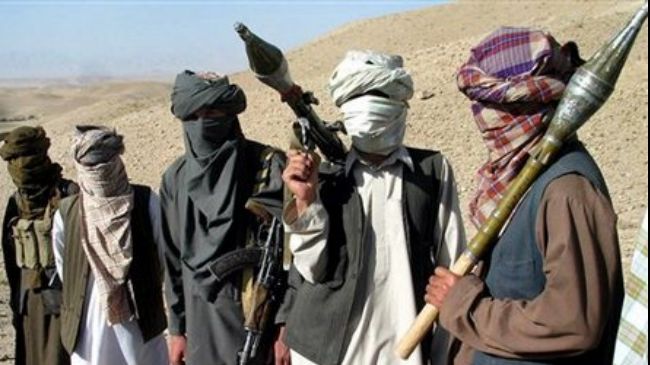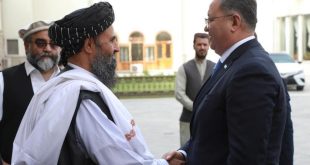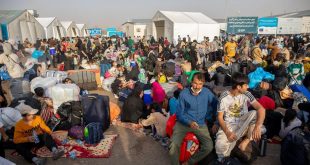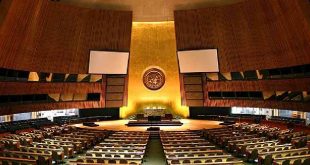By Abdul Zuhoor Qayomi-KABUL: Afghan analysts are not optimistic about result of the ongoing peace talks between the Taliban militants and government.
The political and security affairs analysts are of the view that Pakistan is playing a double game with Kabul—supporting the Taliban under the pretext of facilitating the Afghan government in the reconciliation process.
They believe that Pakistan would never allow the Taliban to reach a deal with Afghan government that would hurt its interests in the war-hit country.
An Afghan diplomat and analyst who also worked at Afghanistan’s embassy in Islamabad, Ahmad Saidee, said the peace talks would not bring stability to Afghanistan.
“Pakistan is trying to secure its own goals. Pakistan wants to enter some Taliban leaders and fighters into the Afghan government, but as agents because the insurgents are not in the position to fight Daesh [also known as the Islamic State]. The current peace parleys will not put an end to the ongoing violence in Afghanistan,” he opined.
He said that Islamabad also wants to keep some militants out of the Afghan administration in order to threaten the government.
Regarding demands of Pakistan met by Afghan government to kick off the peace process, he said that Kabul was asked to cut relations with New Delhi and send Afghan National Army (ANA) cadets for training to Pakistan.
The first round of the direct talks had been caught by controversies at home. It was for the first time in the past 14 years that the Taliban agreed to engage in formal talks. Informal talks had taken place in different parts of the world including Oslo, the capital of Norway, Italy, Qatar and some other countries. However, this time the ‘authorized’ representatives of the Taliban sat at the negotiations’ table in Muree, a Pakistani city famous for tourism.
The second round of the peace talks to be held in China on July 30. What is very interesting for the analysts is that even citizens with little knowledge of the history do not trust Islamabad and cast doubt over sincerity of Pakistani government in the peace talks.
The analysts say that on one hand Islamabad brings Haqqani Network and the Taliban to the table of talks, but on the other it encouraged the Afghan militant groups to continue insurgency and capture more areas in order to enjoy prominent position in the talks.
A well-known analyst, Jawed Kohistani, said that he is optimistic about results of the peace talks because China is involved in the process and wants to turn the region into an economic hub.
He said that Beijing had pressurized Islamabad to bring the Taliban to join the peace process because China is serious about ending the ongoing conflict and initiating shared economic projects in the region.
Kohistani alleged Pakistan of playing double game but expressed trust over China. He added that China was a regional power and playing vital role in the reconciliation process while putting pressure over Islamabad to facilitate the talks.
Exhaustion of some Taliban leaders from militancy is also a major factor that brought the insurgents to the peace talks table, he said.
Though, the talks have kicked off but trust deficit between Afghan and Pakistani officials is still visible. The talks took place two weeks after the Taliban targeted the Afghan parliament with direct support of Pakistan’s spy agency, Inter-Services Intelligence (ISI).
The Taliban had also intensified spring-season offensives. The militant group has turned the northern provinces into hub of insurgency.
Earlier, President Muhammad Ashraf Ghani via an official letter asked Prime Minister of Pakistan, Muhammad Nawaz Sharif, to prevent Taliban from attacks. However, no decrease was observed in violence.
Replying to a query, Kohistani said that concerns of Beijing over allegiance of the Chinese Islamist militants to Daesh could be counted as a another factor that prod Islamabad to bring Taliban to the table of talks.
He said that China believes if the violence continued in Afghanistan then its Muslim citizens from Xinjiang region would join the Islamic State and create multiple security challenges.
National and regional consensus is essential for successful peace process, he said, adding that strong and well-trained Afghan security forces were need of the hour in order to quell insurgency and overcome different other security-related problems.
 Afghanistan Times
Afghanistan Times




